Understanding Propane Tanks: Types and Sizes
When it comes to enjoying the freedom of traveling with a trailer, the importance of a reliable propane system cannot be understated. Propane serves as an energy source for heating, cooking, refrigeration, and even power generation. However, the key question arises: what size propane tank is necessary for your travel trailer? In this guide, we will dissect the different sizes and specifications of propane tanks, shedding light on the most suitable options for your unique travel needs.
Types of Propane Tanks
Vertical Propane Tanks
- Description: These are cylindrical tanks designed for vertical installation. Commonly used in residential settings, they can also be adapted for travel trailers, depending on space availability.
- Popular Sizes: 20 lb, 30 lb, and 40 lb.
Horizontal Propane Tanks
- Description: These tanks lay horizontally and are generally used for stationary applications. Their length can pose challenges when trying to fit them into travel trailers.
- Popular Sizes: 100 lb and larger.
Integrated Propane Systems
- Description: Some travel trailers come equipped with built-in propane tanks, usually with a capacity of 30 lb or more.
- Custom Sizes: These tanks can vary significantly, necessitating an understanding of specifications specific to your trailer.
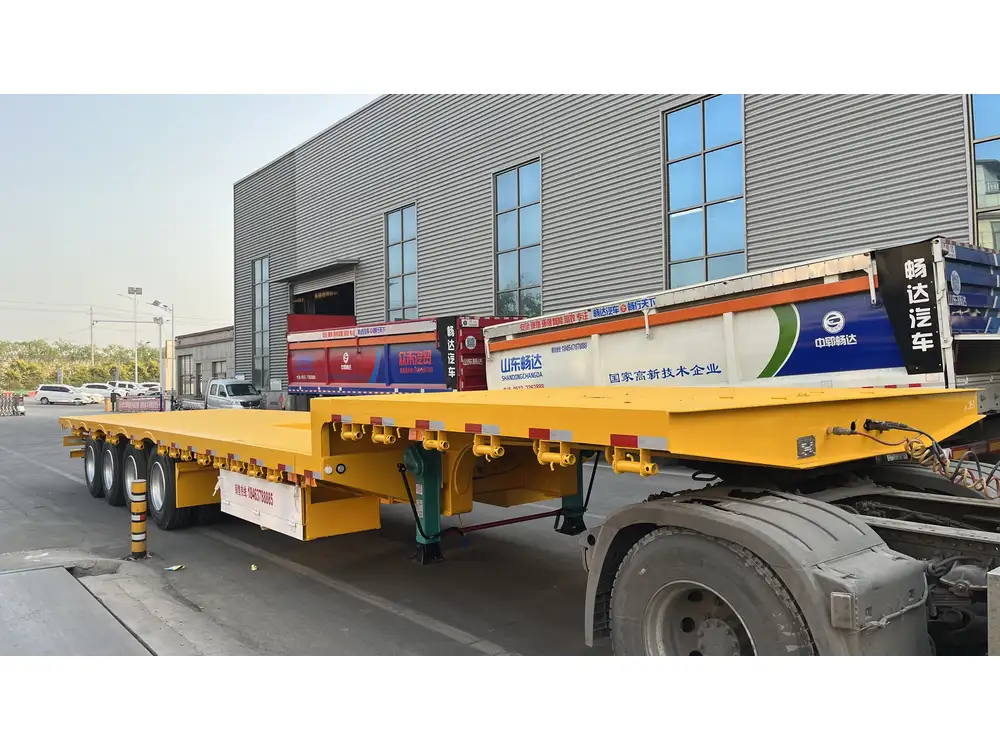
Standard Propane Tank Sizes
The common sizes of propane tanks used in travel trailers include:
| Tank Size (lbs) | Height (inches) | Diameter (inches) | Typical Uses |
|---|---|---|---|
| 20 lb | 18 | 12 | Small trailers, BBQ grills |
| 30 lb | 24 | 12 | Medium trailers, outdoor heating |
| 40 lb | 28 | 12 | Larger trailers, extended trips |
Pros and Cons of Common Propane Tank Sizes
20 lb Tanks
Pros:
- Lightweight and easy to handle.
- Portable for refilling.
- Sufficient for short trips (1-2 weeks).
Cons:
- May require frequent refills.
- Limited heating and cooking capacity.
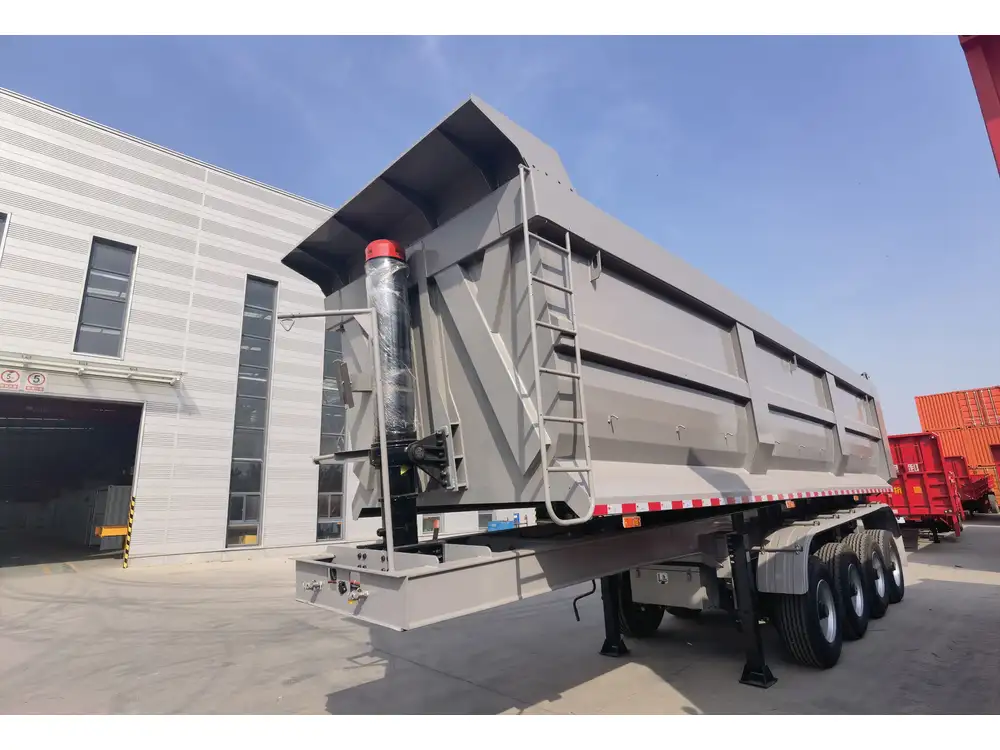
30 lb Tanks
Pros:
- Balances portability and capacity.
- Ideal for moderate-length trips (2-4 weeks).
Cons:
- Heavier than 20 lb tanks, may require assistance for handling.
40 lb Tanks
Pros:
- Best for long trips (4 weeks and beyond).
- Reduces frequency of refills significantly.
Cons:
- Bulkier and heavier; challenging for solo handling.
- Requires more space in the trailer.
Determining Your Propane Needs
To ascertain the appropriate size of the propane tank for your travel trailer, several factors must be evaluated meticulously.
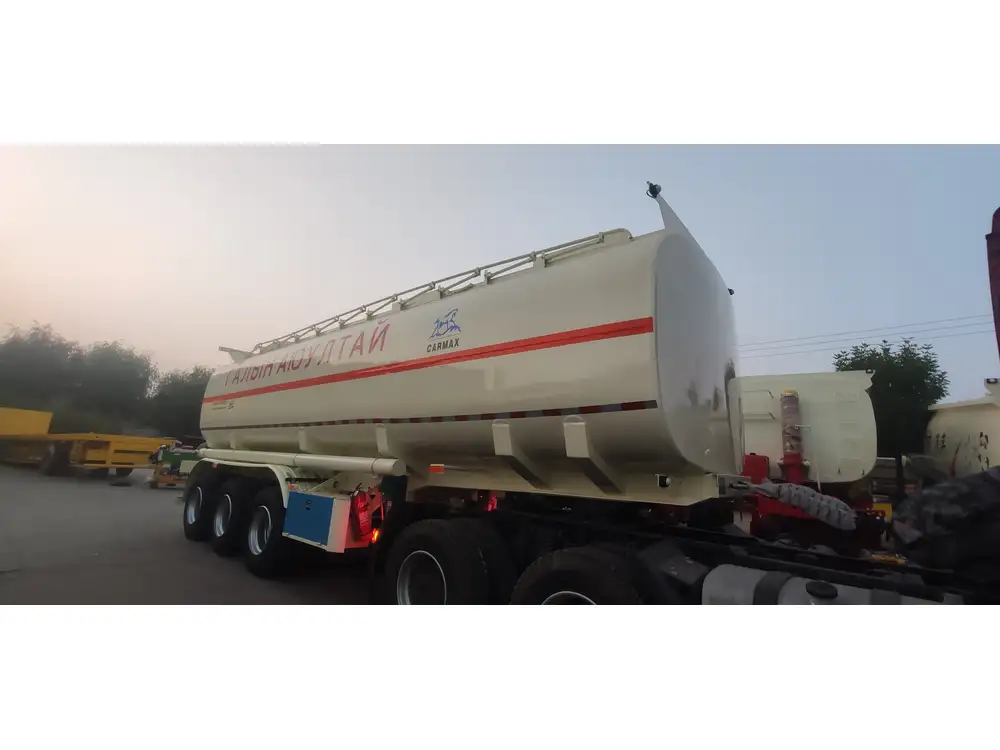
1. Duration of Travel
Assess how long you plan to be on the road. For short trips, smaller tanks may suffice, but if you are embarking on an extended journey, consider larger capacities.
2. Appliance Usage
Identify and tally the propane appliances within your trailer:
- Refrigerator: Propane-powered refrigeration units consume approximately 0.5 lb/day.
- Heater: Depending on usage, a heater can use between 1 to 3 lbs/day.
- Stove: Burning a typical propane stove can use about 0.5 lb/hour during meals.
3. Occupancy Levels
The number of people using the trailer can significantly influence your propane consumption. More occupants usually mean greater usage of heating, cooking, and hot water systems.
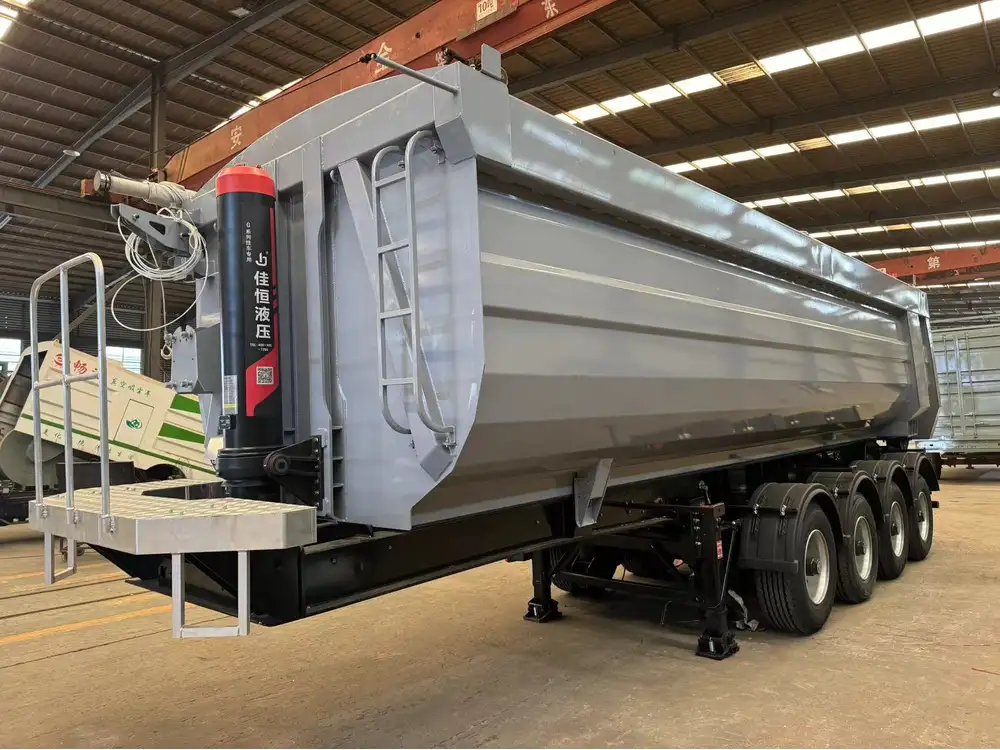
4. Local Climate
Cold climates demand more energy for heating. Adjusting your tank size according to your locales, such as winter trips in the Rockies compared to summer outings at the beach, is crucial.
5. Refilling Logistics
Evaluate the availability of propane refill stations along your route. If refilling stations are scarce, opting for a larger tank will minimize the worry about running out of fuel.
Carrying Multiple Tanks
For many RV enthusiasts and long-term travelers, carrying multiple propane tanks is not only advisable but often necessary. This practice ensures that you have a backup supply on hand.
- Tank Combination Considerations:
- One 30 lb tank paired with a 20 lb tank can provide flexibility for both short and longer trips.
- If equipped for longer excursions, consider two 40 lb tanks to drastically reduce refill frequency.
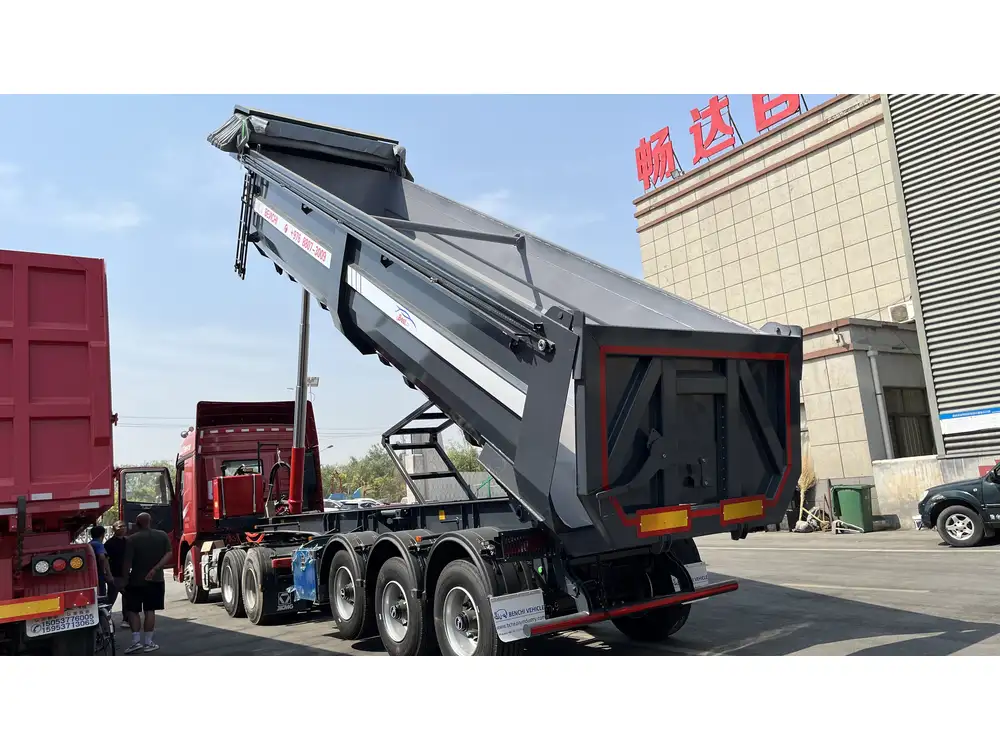
Benefits of Having Multiple Tanks
- Redundancy: In case of a malfunction or leak in one tank, you have an alternative.
- Ease of Management: Switch tanks as necessary, allowing you to refill one while utilizing the other.
- Adaptability: Different lengths of stays can be accommodated efficiently.
Safety Considerations When Using Propane Tanks
Traveling with propane requires attention to safety protocols. Here are essential safety measures to keep in mind:
Regular Inspections
- Check for Leaks: Use soapy water to spot bubbles around fittings and hoses.
- Visual Damage: Examine tanks for rust, dents, or any signs of wear.
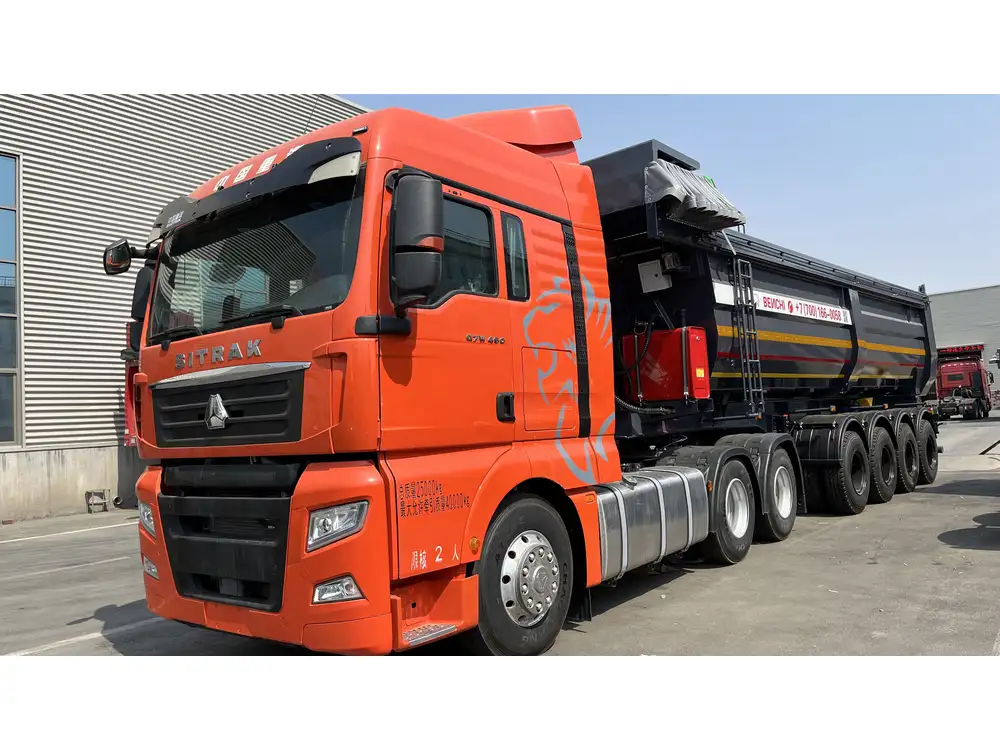
Proper Storage
- Ventilation: Ensure your travel trailer is well-ventilated to prevent gas buildup.
- Secure Mounting: Tanks should be securely mounted to avoid shifts during travel.
Understanding Propane Laws
Familiarize yourself with the regulations concerning propane usage in different states. Some areas may have restrictions regarding tank size and transportation methods.
Conclusion: Making the Right Choice
In the exploration of what size propane tank for your travel trailer, meticulous reflection on your travel habits, appliance needs, and potential refilling logistics is paramount.
To summarize:
- 20 lb tanks are suitable for short trips with minimal appliance usage.
- 30 lb tanks provide a balanced approach for moderate journeys.
- 40 lb tanks are ideal for extensive travel, yielding longer intervals between refills.
Ultimately, ensuring a seamless travel experience hinges on your understanding of propane tank sizing, regular maintenance, safety protocols, and strategic planning. By adhering to these guidelines, you will maximize your adventure while minimizing inconvenience.

Frequently Asked Questions (FAQs)
| Question | Answer |
|---|---|
| How long will a 30 lb propane tank last? | A 30 lb tank may last approximately 30 days for two people with moderate heater and cooking usage. |
| Can I use a regular barbecue tank for my travel trailer? | Yes, as long as it is compatible with your trailer’s use and properly mounted. |
| What should I do if my propane tank runs out while camping? | Turn off all appliances, check for refill options, and consider carrying an extra tank for emergencies. |
By harnessing this knowledge and taking diligent care in managing your propane fuel system, we will empower you to make informed decisions that will enhance your travel trailer adventures, ensuring a journey that’s as enjoyable as the destination itself.



